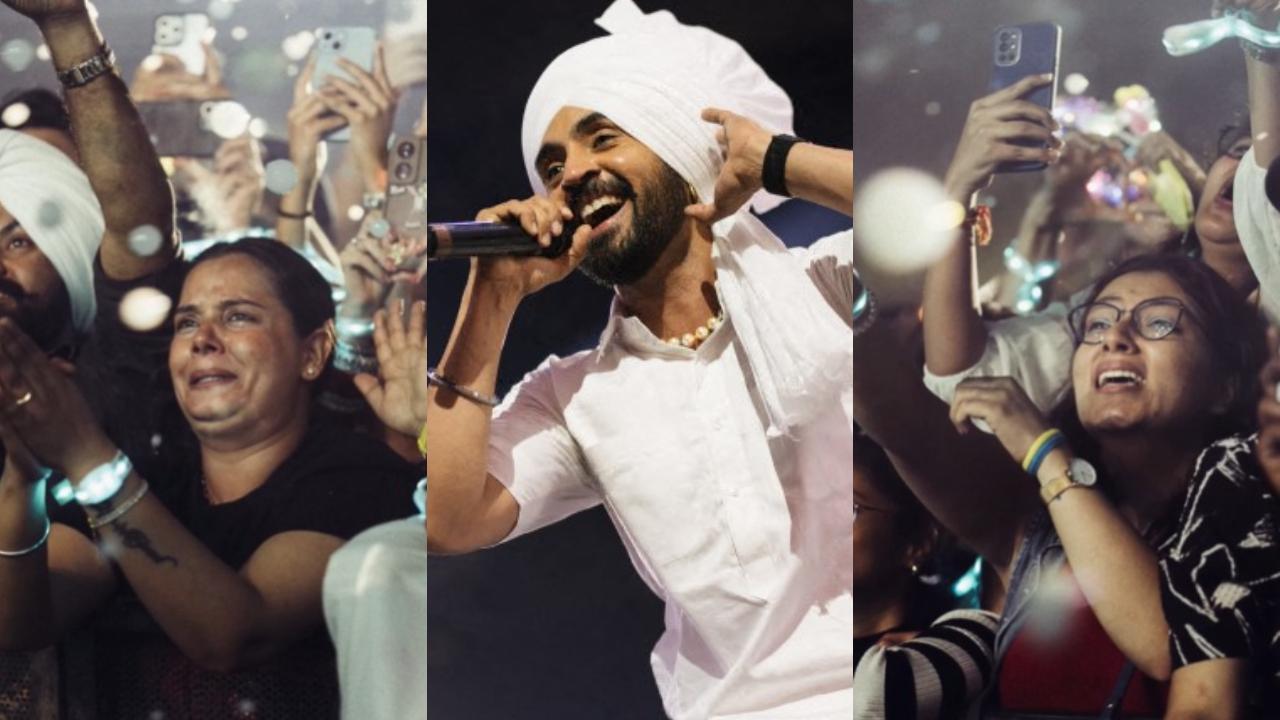By Jon Stone, Anglia Ruskin University East Anglia (UK), Nov 16 (The Conversation) Has the bell finally tolled for Shakespeare and Byron? New research conducted by philosophers of science Brian Porter and Edouard Machery suggests that the latest AI-generated poetry is “indistinguishable from human-written poetry” and “rated more favourably”. Ten poets, from the medieval Geoffrey Chaucer to modern writer Dorothea Lasky, were successfully impersonated by AI chatbots, with most of the 696 participants slightly preferring the imitation to the real thing. Porter and Machery conclude that “the capabilities of generative AI models have outpaced people’s expectations of AI”.
But they don’t say AI has been proven an adequate replacement for human poets – and rightly so, as such a conclusion would require a great deal more testing. That the research participants were fooled is not particularly worrying. Porter and Machery set out to include a wide range of poem types, which meant choosing poets who mostly belong to ages past.
In such cases, modern readers are likely to have a hard time looking past the obvious signs of antiquity – outdated diction, rigid formalism, and obscure cultural references. It’s not so hard to disguise yourself as someone when that person is chiefly known for the odd clothes they wear. But what about the matter of preference? As well as overall quality, the researchers asked participants to rate poems on a range of qualitative dimensions.
H.


















